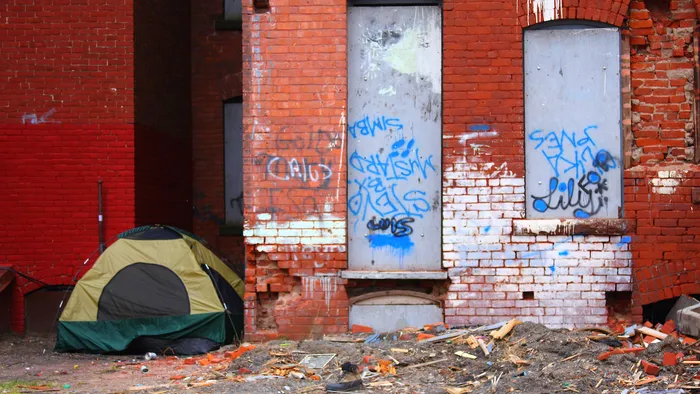In recent years, incidents of violence and a general feeling of insecurity have plagued cities across America. From school shootings to civil unrest, the perception of safety has reached an all-time low. This article aims to shed light on the importance of addressing safety issues in urban cores and the potential consequences if they are neglected.
Cities like Philadelphia, Baltimore, and Chicago are particularly affected by increasing crime rates and civil unrest. Drug use in San Francisco has led to a decline in retail and widespread shoplifting. Hate crimes and random acts of violence have become prevalent in New York. As a result, residents are living in fear for their safety.
Surveys reveal that New Yorkers feel unsafe riding the subway during the day and are reluctant to visit cafes, restaurants, and libraries. Concerns about homelessness, mental illness, and shoplifting remain unaddressed, amplifying apprehension among residents. The COVID-19 pandemic has only worsened these safety concerns, with 74 percent of transit riders reporting that safety has significantly declined.
Apart from its impact on public safety, the decline of communal spaces poses a grave threat to the social and communal fabric of cities. Urban cores have always been critical meeting places, encouraging social mixing and engagement. Public spaces such as parks, libraries, cafes, and community centers play a pivotal role in fostering social capital and community cohesion.
Research consistently demonstrates that residents who live closer to these public spaces and actively engage with community amenities tend to have higher levels of contentment, trust, and social engagement. Communities with vibrant public squares and shared focal points show increased willingness to help neighbors and a greater sense of optimism. Regular interaction with others cultivates a sense of familiarity and ownership of place, promoting community satisfaction and civic participation.
The neglect of public safety jeopardizes the strength of urban civil society. If residents continue to avoid public spaces, the bond between individuals and their communities will degrade. It is crucial for policymakers and city planners to recognize the multifaceted benefits of addressing safety concerns in urban cores.
When discussing the revitalization of urban cores, safety should be a top priority. Beyond economic and commercial factors, the degradation of social and civic ties within communities poses significant long-term consequences. Recognizing the importance of safe public spaces and taking steps to ensure their vitality will not only promote community satisfaction but also encourage civility, trust, and civic engagement. Failure to address safety concerns could irreversibly damage the social fabric of our cities.

